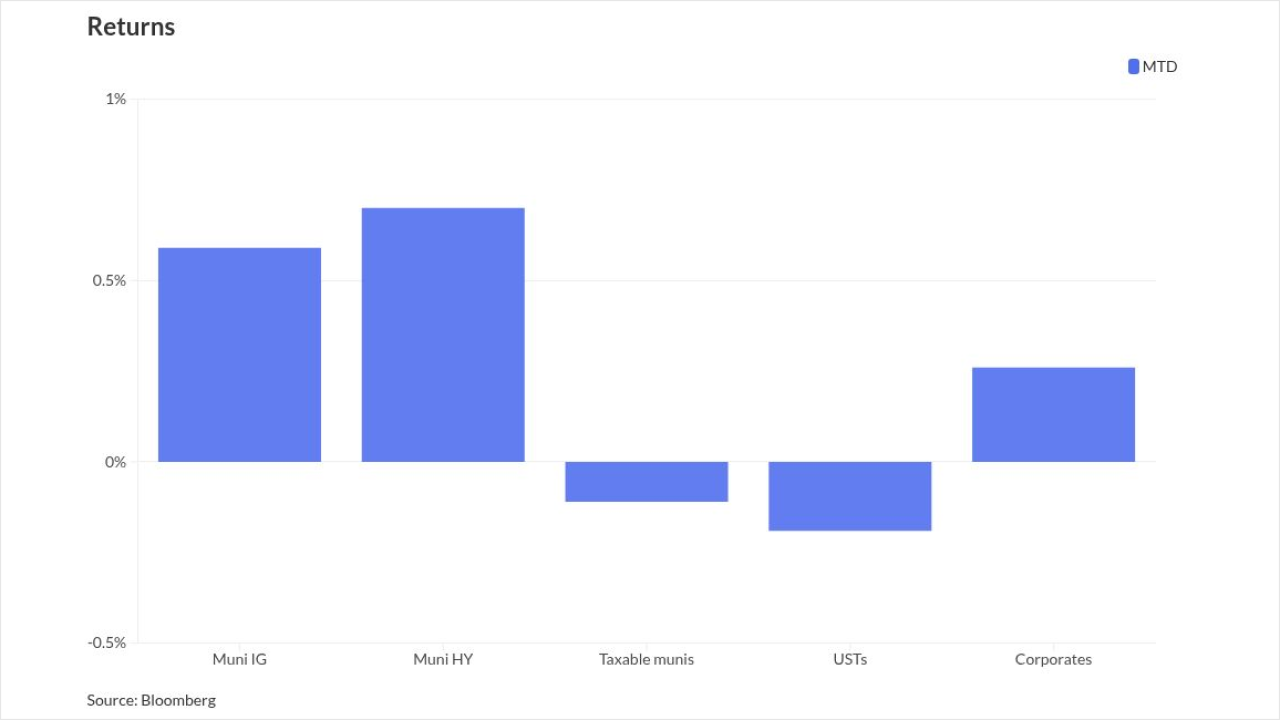Texas is cracking down on cities that take too long to complete their annual financial audits with a law that penalizes tardiness with a property tax revenue restriction.
While an onslaught of bills aimed at restraining the ability of local governments and public school districts to issue debt
The legislation, which was
If verified by the attorney general, the city would be prohibited from adopting a property tax rate that exceeds its no-new-revenue tax rate for the tax year that begins on or after the date of the attorney general's determination.
The no-new-revenue rate would essentially produce the same amount of revenue as the previous fiscal year. In the case of higher assessed property values, the actual tax rate could be lower to offset that growth.
The law, which takes effect Sept. 1, does not appear to impact interest and sinking property tax rates for voter-approved general obligation bonds, according to a legal source familiar with the legislation, who declined to be named.
Richard Ciccarone, president emeritus of Merritt Research Services, an Investortools company that provides municipal finance industry data, including
"The fact that Texas is a major state and a conservative state, and if they put this into law, that's important," he said.
Merritt data tracking Texas cities with populations of 15,000 or more showed 61 taking more than 180 days to complete their fiscal 2023 audits as of June 16. Plano had the quickest turnaround time at 97 days,
The absence of timely and adequate financial information led S&P Global Ratings and Moody's Ratings to withdraw their ratings for Odessa in June 2024.
The Odessa City Council is scheduled to vote July 8 on the issuance of up to $40.5 million of certificates of obligation backed by property taxes and surplus water and sewer revenue to finance park and recreational facilities.
In April, the city of Chandler was among 72 muni bond issuers, including five others from Texas, that lost their ratings from S&P due to an "inability to obtain adequate and timely financial information necessary to maintain surveillance of the ratings in accordance with our applicable criteria and policies."
At a March Senate committee hearing on SB 1851, Chandler Mayor Cy Ditzler said the city was two years behind on its annual audit when he first took office.

"I started asking the city administration, the council to comply with the audit requirements, and literally in council meetings I was laughed at by the city council members and the administration stating they had no worries about breaking the statutory audit requirements because, and I quote, 'there are no penalties for not doing the audit,'" he said.
Using public pressure, Ditzler said he forced completion of the audits. Chandler's latest annual audit, which covered fiscal 2022,
"Senate Bill 1851 will protect the people of Texas by limiting cities that are not in compliance to the no-new-revenue rate," Ditzler said. "It will also allow those cities to continue to function because they'll still receive the revenue they received the previous year so it also protects that city's ability to operate."
Cities do not get to pick and choose which laws to follow, according to James Quintero, policy director at the conservative Texas Public Policy Foundation, which supported the bill.
"Senate Bill 1851 was passed out of a concern for the rule of law," he said in an email. "It makes clear that state laws related to municipal auditing are not suggestions. They are requirements."
While Texas lacked a penalty for non-compliance with the 180-day requirement, cities can face negative consequences "such as a poor bond rating or an inability to qualify for state or federal grant money," according to a
The organization said the largest impediment for smaller cities has been finding certified public accountants to produce an audit at an affordable cost.
Danny Martinez, a partner at advisory and tax firm Cherry Bekaert, said hiring in-house or outside accounting professionals can be a struggle.
"It's hard to find the accountants that can speak governmental accounting without poaching from your neighbor city, school district, county, and so you're having to bring in people from the corporate world," he said, adding that on average, the rates that outside accounting firms receive for government audits are lower than the rates for other types of audits.
Other states are expected to link financial privileges to audit performance,
An audit-related funding condition is a key part of a Public Finance Accountability Act enacted this year in New Mexico. Under the law, which codifies a
The state auditor has been pushing to put the requirement into state law so it could not be rescinded by a future governor, according to a legislative fiscal impact report on
"(The Office of State Auditor) states it works in consultation with (the Department of Finance and Administration) every year to hold at-risk agencies and local public bodies accountable for late audits or audits that have resulted in modified, adverse or disclaimed opinions," the report said. "OSA states that existing processes have worked to ensure capital outlay funding is being spent prudently and in accordance with state law, as HB 493 aims."
New Mexico's fiscal 2025 capital outlay bill allocated $1.2 billion from the general and other state funds and from severance tax bond proceeds for state and local infrastructure projects. For fiscal 2026, $1.22 billion is allocated, with about $595 million earmarked for K-12 public school, higher education, and local government projects.





